Bitcoin became legal tender in El Salvador a year ago. What are the interim results of the innovation?
On 7 September 2021, El Salvador became the first country in the world to recognise Bitcoin as official tender in its jurisdiction. The president of El Salvador, Nayib Buquele, was a cryptocurrency enthusiast and laid the foundations for the Bitcoin City project, a city whose development would be financed by bonds backed by the main cryptocurrency. However, just recently, the issuance of the securities was postponed once again due to domestic problems and a prolonged bearish trend in crypto. We tell you more about what’s happening in the country.
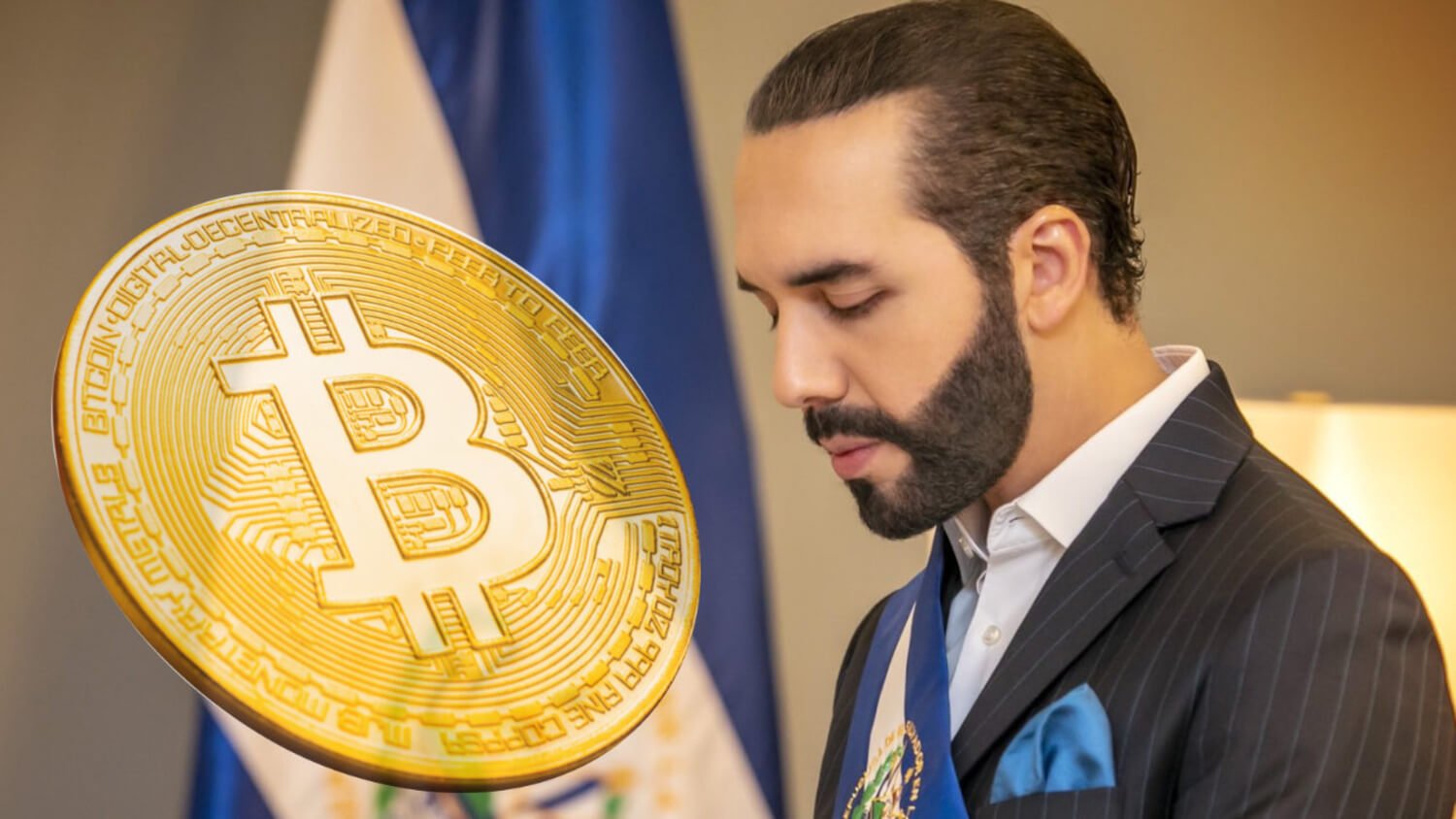
The anniversary is an important deadline after which we can already take some stock of the El Salvador government's adventure. Today, we'll talk about what the positive and negative impact has been from the recognition of crypto at the state level.
Where Bitcoin is the official currency
When the Bitcoin recognition law came into effect in El Salvador, the cryptocurrency was trading at $46,000. By today, it has fallen more than 64 per cent, dropping as low as $19,000.
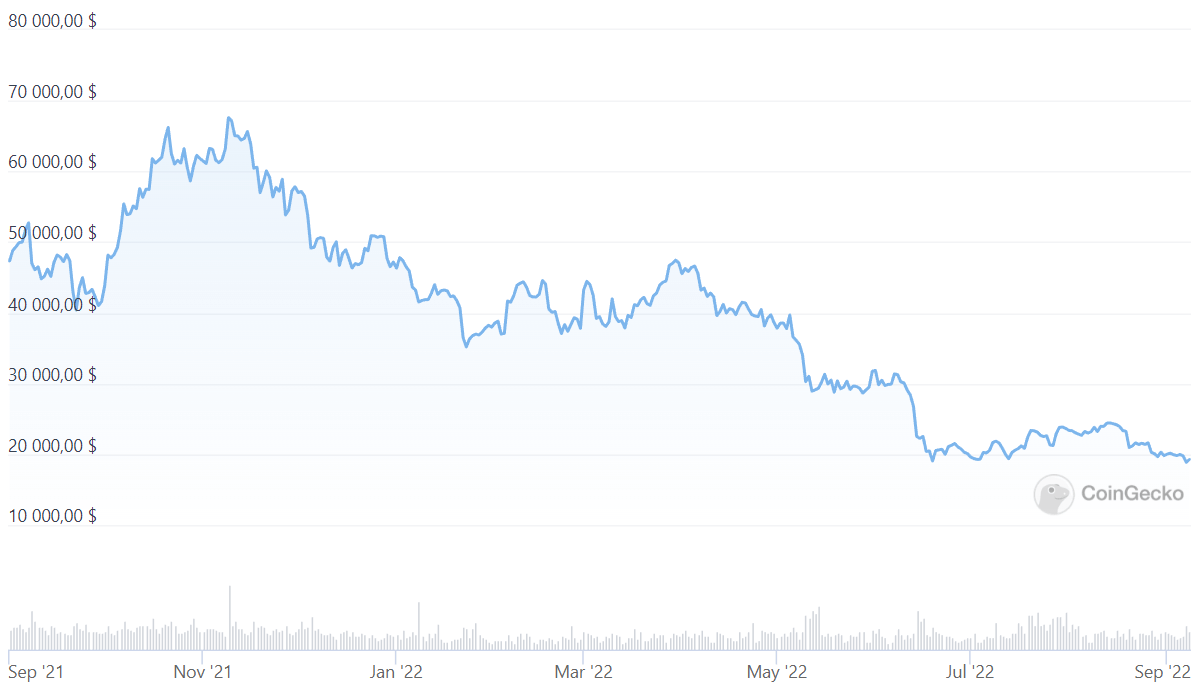
Bitcoin’s fall for the year
The issue of the BTC price in the context of summing up is important because the government of El Salvador began officially buying the coins as early as September 6 last year. It has made a total of ten investments in Bitcoin since then. As you can see from the chart below, the average price of the crypto for all investments is now $45,000.
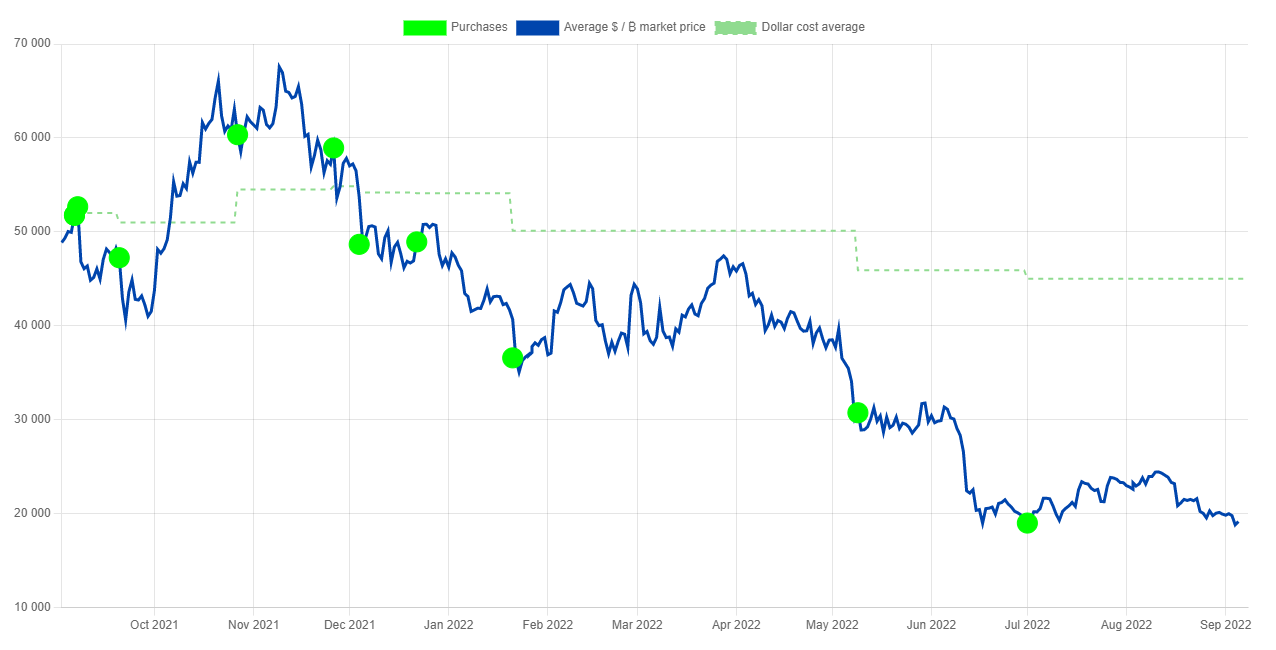
The dotted line is the El Salvador government’s average market entry price
According to Cointelegraph sources, El Salvador’s crypto reserves are 2,381 BTC or $45.6 million. Over the entire investment period, the country’s unrealised loss from BTC investments reaches $61.5 million. First conclusion: Buquelet’s promises about the “benefits” of adopting Bitcoin for the economy are, to put it mildly, unfulfilled.

El Salvador’s crypto reserves
To be fair though, the authorities did manage to benefit from their own investment. In particular, the rise in BTC last year allowed officials to fund the launch of several schools.
Many organizations – including the International Monetary Fund – warned the government of El Salvador about the risk of losses, which are not yet secured by selling bitcoins. Generally speaking, news of Buquelet’s new strategy last year only drew a positive reaction from the cryptocurrency community. That makes sense – the adoption of Bitcoin at the state level for the first time in the industry’s history was a momentous yet frightening event.
However, the euphoria quickly faded when trivial problems became apparent weeks later – the country simply wasn’t properly prepared for the introduction of the new payment instrument. Some Salvadorans even protested against the adoption of Bitcoin, and the national cryptocurrency wallet Chivo was constantly experiencing bugs.
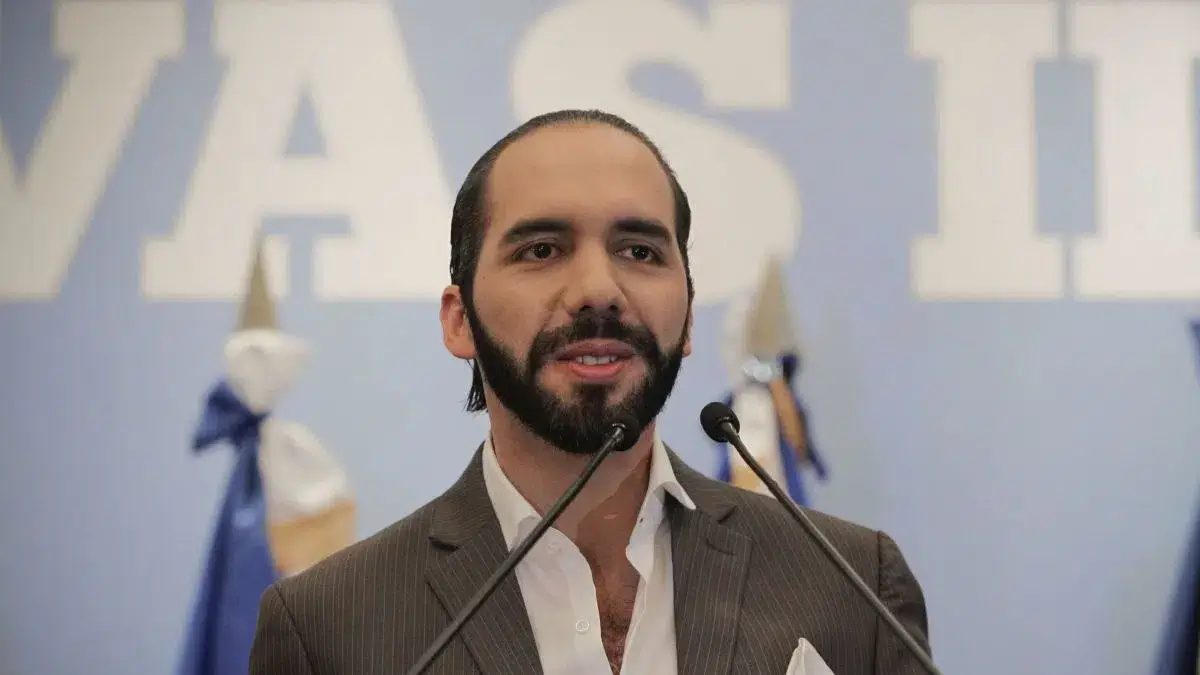
El Salvador’s President Nayib Buquele
Fortunately, the adoption of Bitcoin has brought with it more than just negativity. The aforementioned Bitcoin City is one of the ambitious projects that could actually bring a huge revenue stream to El Salvador’s economy. We are talking about building an entire city, based on cryptocurrency mining using the energy of a volcano. In theory, this would mean new foreign investment and huge investments in improving the country’s infrastructure.
Even now, El Salvador has become an ideal holiday destination for Bitcoin fans. There’s no need to convert your cryptocurrency into paper money, because almost any item for everyday consumption can be paid for in BTC in large outlets. In other words, El Salvador’s influx of new tourists is already assured, although it won’t be as noticeable in the current bear market.
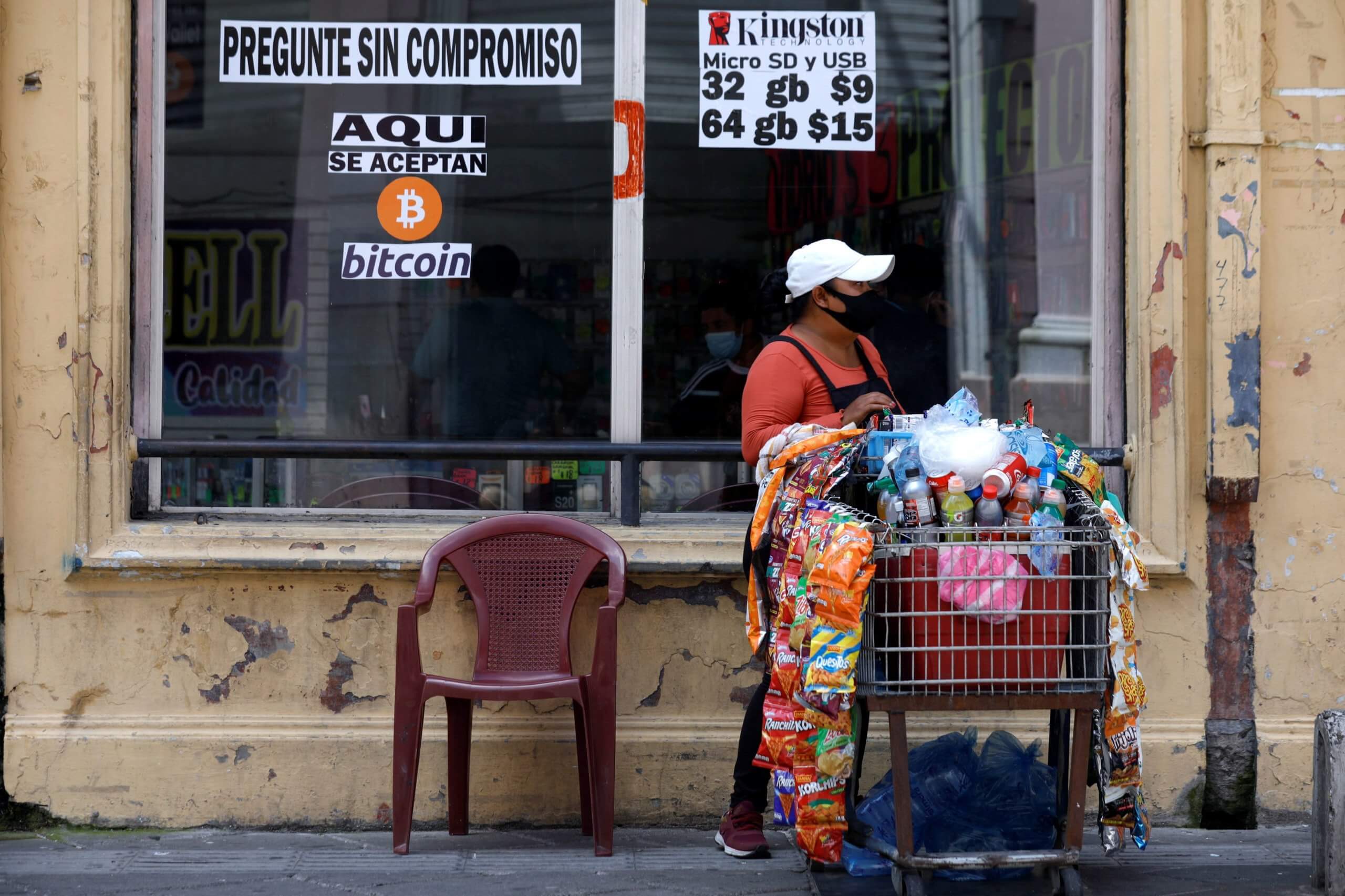
Bitcoin signs can now be found almost everywhere around the country
Overall, the government’s direct investment in Bitcoin and Buchele’s heavy reliance on crypto has made the country’s potential success tied to crypto market cycles. If Bitcoin shows impressive growth in the next couple of years, it will be the catalyst to start issuing Bitcoin City bonds, bring profits to the treasury from crypto reserves and show that the president’s risky initiative has paid off after all. In the meantime, the authorities are at an unrealised loss and somehow deserve criticism for at least temporarily losing tens of millions of dollars from the treasury.

Announcement of the purchase of 420 bitcoins at $60,000 by the Salvadoran government from Nayib Bukele
We believe that the government of El Salvador has indeed taken an important step to massively popularise digital assets. It will surely make it easier for other countries to adopt similar practices and support digital assets over time.
At the same time, the El Salvadorian authorities' investment in BTC in hindsight seems just awful. Still, the country's government announced bitcoin purchases in late October 2021, as shown in the screenshot above. Back then, BTC was worth $60,000, meaning the cryptocurrency was practically at a price high. The most frustrating thing is that the rate of coin purchases has now declined significantly. In particular, El Salvador bought the coins only once during the whole summer: we are talking about 80 bitcoins at $19,000 on July 1, 2022. Naturally, such purchases will not correct the entry level of the position very much.
What do you think about it? Share your opinion in our Millionaire Crypto Chat. There we will discuss other important developments related to the blcochain and decentralisation industry.















